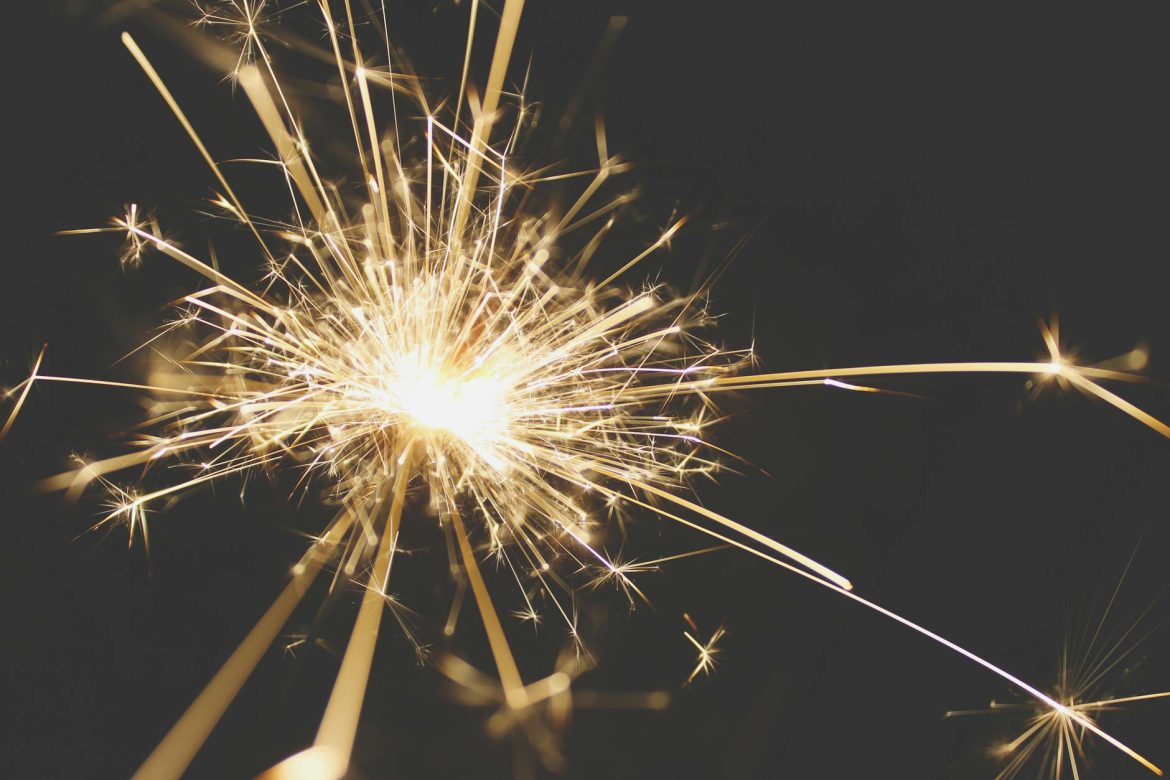New Year’s Eve is a time for reflection, celebration, and new beginnings. Across Africa, diverse cultures and traditions shape how the continent bids farewell to the old year and embraces the new. From fireworks displays to cultural rituals, here’s how Africans welcome the New Year with joy and meaning.
1. The Power of Fireworks and Midnight Celebrations
In many African cities, New Year’s Eve comes alive with dazzling fireworks displays.
- Iconic Celebrations:
Cities like Cape Town, Lagos, Nairobi, and Cairo host grand events featuring fireworks, live music, and countdowns. - Community Gatherings:
Families and friends gather in open spaces, beaches, or iconic landmarks to share in the festive excitement. - Street Parties:
In urban areas, lively street parties with music and dance keep spirits high as the clock strikes midnight.
2. Spiritual and Religious Traditions
For many Africans, New Year’s Eve is a time of spiritual renewal and thanksgiving.
- Church Services:
Known as “Crossover Services” in West Africa, many Christians attend night vigils to pray for blessings in the coming year. - Traditional Ceremonies:
In some rural areas, ancestral rituals and libations are performed to honor the past and seek protection for the future. - Islamic Celebrations:
In predominantly Muslim regions, the New Year is marked by prayers, family gatherings, and acts of charity.
3. Cultural Rituals Unique to Africa
Africa’s rich cultural diversity gives rise to unique New Year’s Eve customs.
- Burning the Past:
In some parts of South Africa, people symbolically burn old furniture or items to leave behind negativity. - Drumming and Dancing:
Across East and West Africa, traditional drumming and dancing bring communities together in celebration. - Sharing Meals:
Families prepare special dishes, like jollof rice in West Africa or injera in Ethiopia, as a way to share blessings and prosperity.
4. Resolutions and Symbolism
New Year’s resolutions and symbolic acts are important across the continent.
- Setting Goals:
Africans embrace the tradition of making resolutions, focusing on personal growth, family, and community development. - Symbolic Colors:
In Nigeria and Ghana, people often wear white as a symbol of purity and hope for the year ahead. - Traditional Offerings:
Some communities make offerings to rivers, seas, or sacred sites to seek blessings for prosperity and health.
5. Welcoming the New Year with Music and Dance
Music and dance are central to New Year’s Eve celebrations across Africa.
- Afrobeats and Highlife:
Popular genres like Afrobeats, Highlife, and Amapiano dominate parties and events. - Live Performances:
Local and international artists perform at concerts and festivals, drawing large crowds. - Cultural Showcases:
Traditional dances, such as Zulu dances in South Africa or Kpanlogo in Ghana, reflect the continent’s rich heritage.
6. Family and Community Bonding
New Year’s Eve is also a time for strengthening family ties and fostering community.
- Gift Exchanges:
Exchanging gifts or sharing food symbolizes gratitude and generosity. - Family Gatherings:
Many families come together to share stories, play games, and reflect on the year gone by. - Charity and Giving Back:
Acts of kindness, such as donating to the less privileged, are common during this time.
7. Unique Regional Traditions
Each African country brings its own flair to New Year’s Eve.
- South Africa:
In Cape Town, the Cape Minstrels Carnival on January 2nd is an extension of New Year’s celebrations, featuring vibrant parades and music. - Ethiopia:
The Ethiopian calendar starts in September, but modern New Year’s Eve celebrations often blend traditional and Western customs. - Senegal:
In Dakar, street performances and cultural events reflect the city’s vibrant spirit.
Conclusion
New Year’s Eve in Africa is a rich tapestry of cultural diversity, spiritual significance, and joyful celebration. Whether marked with prayer, feasting, dancing, or fireworks, it’s a time to honor the past, celebrate the present, and embrace the future with hope. As 2025 approaches, Africans across the continent and the diaspora prepare to ring in the New Year with traditions that reflect their unique identities and shared aspirations.
Get real time update about this post category directly on your device, subscribe now.



